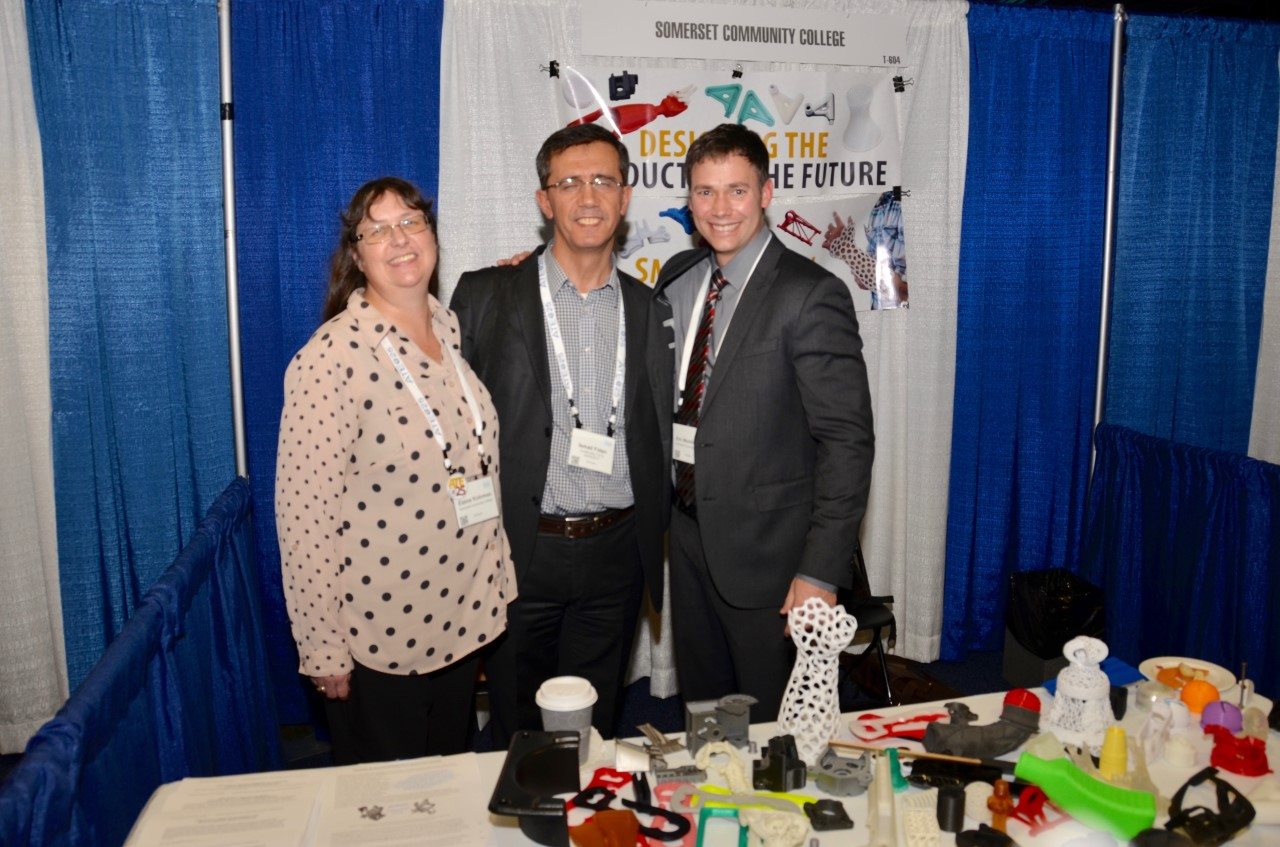
Somerset Community College, based in Kentucky, says that it has received a second National Science Foundation Advanced Technological Education (NSF ATE) grant award to improve 3D printing in Tennessee and Kentucky.
The college’s Additive Manufacturing Center of Excellence (AMCOE) received the grant to develop its Mobile Additive Manufacturing Platform for 21st Century STEM Workforce Enhancement (Mobile AMP).
According to college faculty, there is an additive manufacturing (AM) skills gap within Kentucky’s workforce because many schools and companies were using hobby-level 3D printing equipment in their classrooms and workspaces, and were not utilizing this revolutionary technology to its true potential.
‘The problem is that educators and businesses don’t realize that additive manufacturing’s true strength is in making next-generation products, the things that could not previously be fabricated using conventional manufacturing technologies because of the complexity of their design,’ said Professor Eric Wooldridge, a professional engineer and director of the AMCOE. ‘Additive manufacturing’s power is in the freedom for designers to reimagine and reengineer products to be lightweight, have internal moving parts and complex organic shaping, and utilize new advanced materials.’
The college plans for the Mobile AMP project to provide training on advanced design for 3D printing using software and industrial level AM equipment. It will build a trailer and a mobile education system that will allow for the transport and on-site set up of this equipment, which includes powder, resin, and metal sintering-based 3D printing technologies.
This story uses material from Somerset, with editorial changes made by Materials Today. The views expressed in this article do not necessarily represent those of Elsevier.




